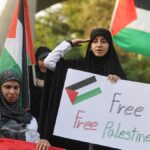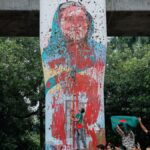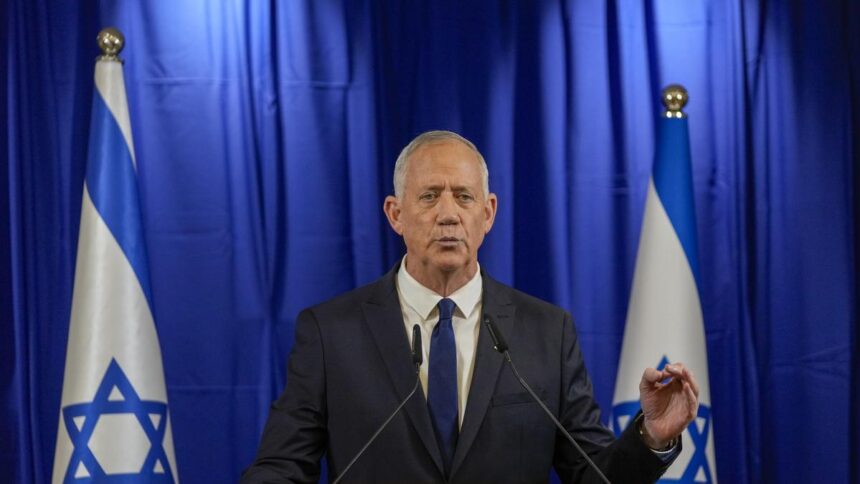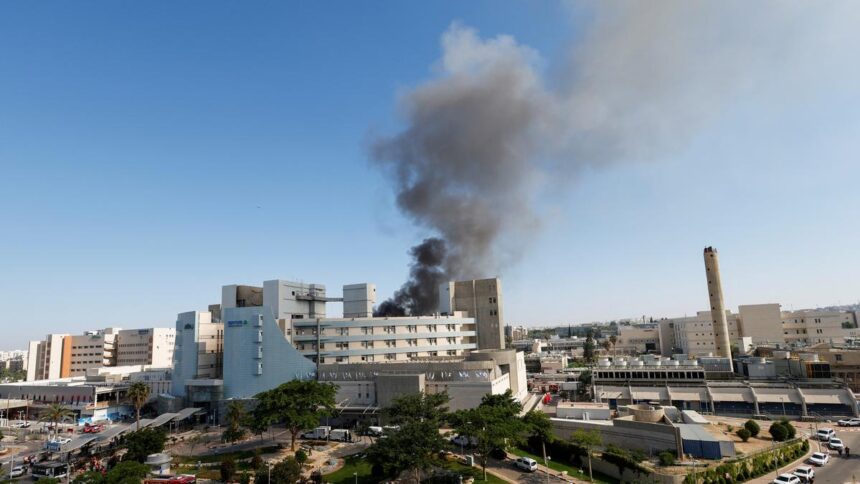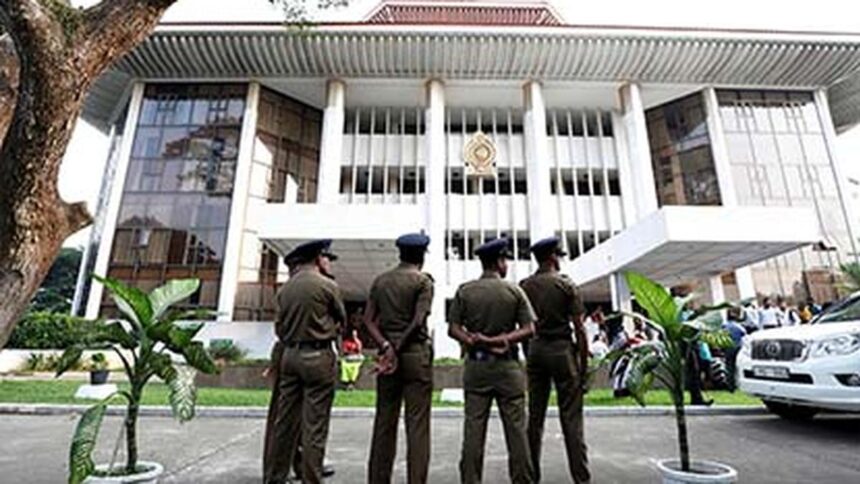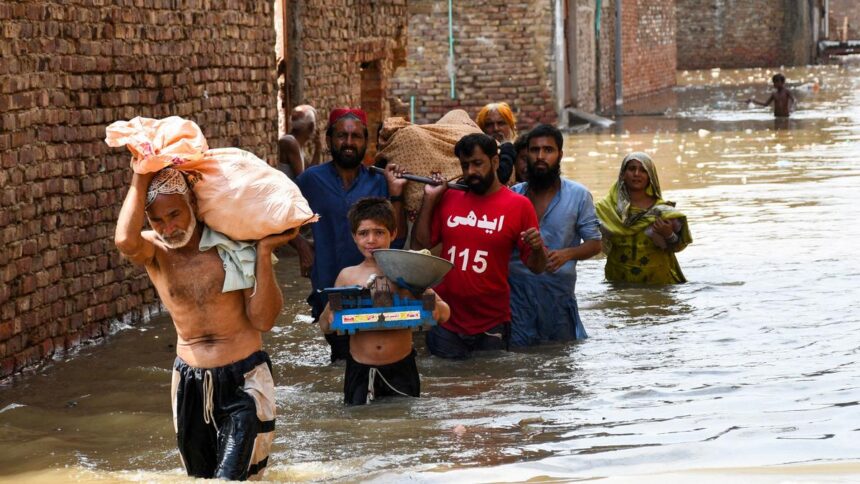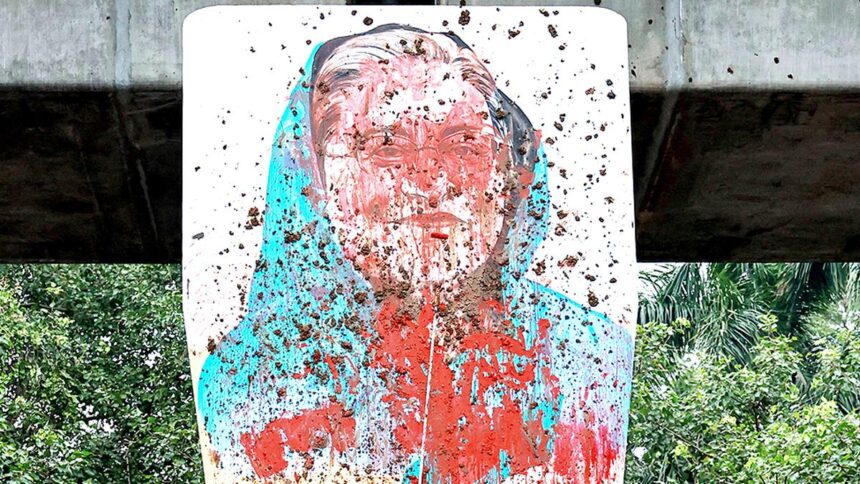
Francesca Albanese, Special Rapporteur on the situation of human rights in the Palestinian Territory occupied since 1967
Francesca Albanese, the United Nations Special Rapporteur on the situation of human rights in the Palestinian territories occupied since 1967, has been sanctioned by the United States government. The move follows her repeated criticism of Israel’s military conduct in Gaza, which she has described in UN reports as “acts of genocide” and violations of international law.
Also Read: Gaza and the end of humanity
Who is Francesca Albanese?
Francesca Albanese is the current United Nations Special Rapporteur on the situation of human rights in the Palestinian territories occupied since 1967, appointed in May 2022. Her mandate includes independently monitoring, reporting, and advising on human rights issues in the West Bank, including East Jerusalem, and the Gaza Strip. The role is part of the UN Human Rights Council’s Special Procedures, which consists of independent experts serving in a voluntary, unpaid capacity.
Ms. Albanese is a lawyer and academic with expertise in international law and forced displacement. She has served with institutions such as the UN Relief and Works Agency for Palestine Refugees in the Near East (UNRWA). She has contributed to research, policy, and legal frameworks related to migration and refugee rights. Her work focuses on upholding international human rights and humanitarian law, and she regularly reports her findings to both the Human Rights Council and the UN General Assembly.
What is Francesca Albanese’s role at the United Nations?
Ms. Albanese was appointed in 2022 as the UN Special Rapporteur on the situation of human rights in the Palestinian territories occupied since 1967. This includes the West Bank, including East Jerusalem, and the Gaza Strip. The position, under the UN Human Rights Council’s Special Procedures, is an independent, unpaid mandate. Rapporteurs report to the Council and the UN General Assembly on violations and offer recommendations based on international human rights and humanitarian law.
Also Read: International Criminal Court: Tribunal at the receiving end
According to the UN Office of the High Commissioner for Human Rights (OHCHR), Albanese has a background in international law and migration and has worked with the UN Relief and Works Agency (UNRWA) and other global institutions on issues related to displacement and refugees. Her appointment is part of a long-standing mechanism to monitor and report on the rights of Palestinians under Israeli occupation.
Why did the United States sanction Francesca Albanese?
The US Department of State’s sanctions against Ms. Albanese cited her reports and public statements accusing Israel of committing genocide during its military operations in Gaza. In a report presented to the UN Human Rights Council in March 2024, Ms. Albanese concluded there were “reasonable grounds to believe” that Israel’s actions amounted to genocide, including mass killings, the destruction of civilian infrastructure, and the creation of conditions that could lead to the physical destruction of Palestinians in Gaza. She has also publicly referred to the ongoing bombings in Gaza as an “apocalyptic” campaign and an example of genocide.

She followed this with a report in June 2025 naming several international corporations, including arms manufacturers and banks, that she claimed were aiding or profiting from the offensive. She urged member states to impose targeted sanctions on Israel, suspend military trade, and pursue prosecutions at the International Criminal Court (ICC).
What were the U.S. sanctions against her?
The sanctions carry restrictions on her financial assets under US jurisdiction, marking a high‑profile effort to penalise a UN human rights official. Republican Senator Marco Rubio accused Albanese of leading a campaign of “political and economic warfare” against both the US and Israel, citing her advocacy for ICC investigations into Israeli military actions. The Trump administration has also previously sought to have her removed, alleging antisemitism and ties to terrorism.
Israel’s diplomatic mission in Geneva, where the 47-member Human Rights Council is based, called Ms. Albanese’s report “legally groundless, defamatory, and a flagrant abuse of her office” and having “whitewashed Hamas atrocities.” Outside experts, such as Ms. Albanese, do not represent the United Nations and have no formal authority. However, they report to the council as a means of monitoring countries’ human rights records.
Published – July 10, 2025 02:43 pm IST






